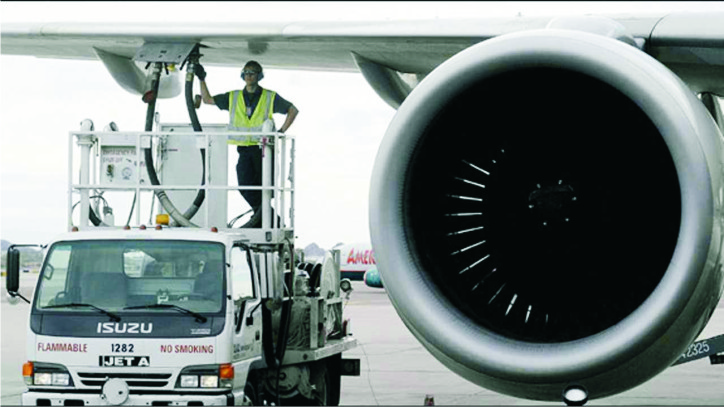Business
FG Commits $21m To Build Pilots’ Capacity

The Federal Government says it has committed the sum of $21 million to acquire a Boeing 737 simulator to further build the capacity of pilots.
Minister of Aviation, Hadi Sirika, who disclosed this while giving the scorecard of his ministry in Abuja, noted that the government had acquired an automated fire simulator.
Sirika, who noted that the Nigerian aviation sector was the second most recovered industry from COVID-19 pandemic, said because of the achievements recorded in the sector, Nigeria had been re-elected as a Part II member of the International Civil Aviation Organization (ICAO) Council.
He said the upgrade of facilities at the Nigerian College of Aviation Technology had led to its designation by the ICAO as a Regional Training Centre of Excellence, adding the AIB had also been upgraded to a multi-modal accident investigation agency tagged, “National Transport Accident Investigation Board.”
“Five international airports (Abuja, Kano, Enugu, Lagos and Port Harcourt) have been designated as Special Economic Zones,” he said.
Highlighting some of the achievements by the Buhari-led administration, he said, “An Aviation Leasing Company (ALC), which would be private sector-driven, will be established to address the challenges of limited access to capital and high cost of funds.
“The ALC will provide leasing opportunities for Nigerian and African airlines in order to boost fleet size, alleviate the problem of aircraft leasing and high insurance premium charges.
“The development of Nigeria’s major commercial airports and surrounding communities into efficient, profitable and self-sustaining commercial hubs through increased private sector participation and Foreign Direct Investment (FDI) will create jobs and grow the local industry.
“Five international airports (Abuja, Kano, Enugu, Lagos and Port Harcourt) have been designated as Special Economic Zones.”
Transport
Automated Points Concession : FAAN Workers Gave 72hrs To Revise Decisions In PH

Transport
FAAN Announces Pick-Up Points for Go-Cashless Cards

Business
Fidelity Bank To Empower Women With Sustainable Entrepreneurship Skills, HAP2.0
-
Politics3 days ago
2027: NIGERIANS FAULT INEC ON DIGITAL MEMBERSHIP REGISTER DIRECTIVE
-

 Environment3 days ago
Environment3 days agoLAWMA Director Says Sweeping Reforms Have Improved Waste Collection
-
Politics3 days ago
LP Crisis: Ex-NWC Member Dumps Dumps Abure Faction
-

 Politics3 days ago
Politics3 days agoUmahi Dismisses Allegations On Social Media, Insists On Projects Delivery
-

 Sports3 days ago
Sports3 days agoAbia Not Sure To Secure continental Ticket
-
Politics3 days ago
NATASHA ELECTRIC VEHICLES INITIATIVE IN KOGI CENTRAL
-
Sports3 days ago
La Liga: Yamal Records First Career Hat-trick
-
Politics3 days ago
IT’S A LIE, G-5 GOVS DIDN’T WIN ELECTION FOR TINUBU – SOWUNMI

